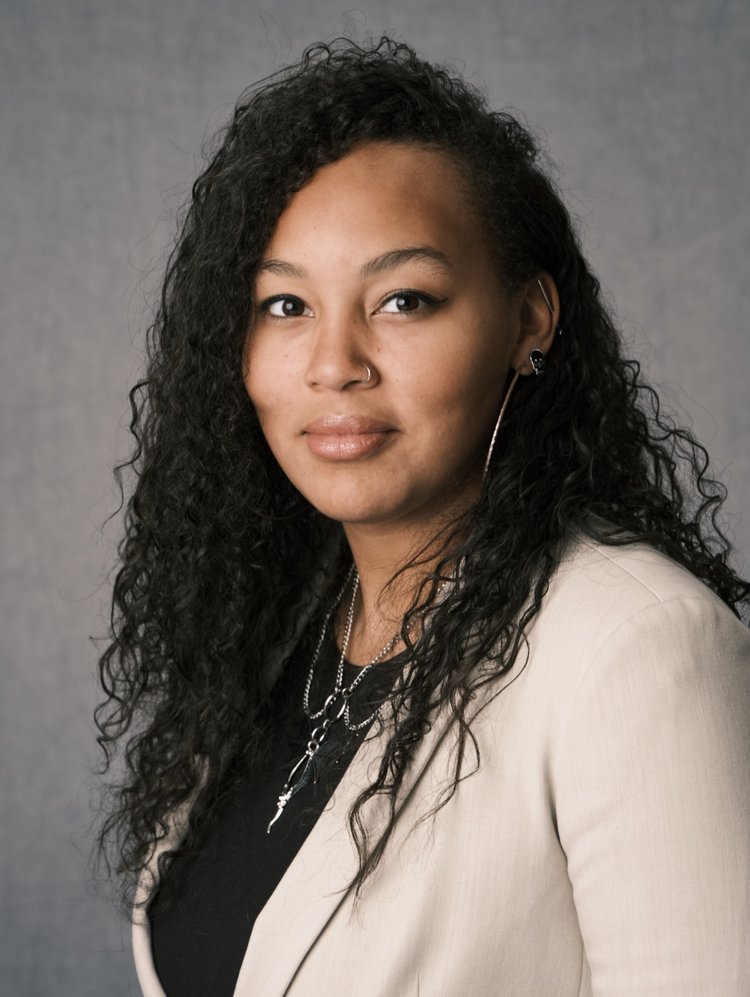
On Dec 1, 2023, I attended the Celebration of Legalization event in Cranston hosted by Black Dragonfly Events, High Beautiful, and CRAVEInfused. The program was designed to celebrate the first full year of recreational cannabis sales in Rhode Island and promote the need to address social justice and equity issues in the Rhode Island cannabis industry.
In the first article for this series, I examined some of the cannabis policies in RI and the activism that’s needed to change and improve these policies.
Now, I’ll explore some legal issues related to social justice and cannabis. To learn more, I reached out to attorney Blake Johnson who works at Green Path Legal, a law firm specializing in cannabis law in Rhode Island and Massachusetts. Attorney Johnson kindly provided insightful responses to my queries. This interview was edited for length and clarity.
Lenny Brennan (Motif): The term social justice means different things to different people. To me, it means: Justice in relation to a fair balance in the distribution of wealth, opportunities, and privileges in a culture where individuals’ rights are recognized and protected. Do you agree?
Blake Johnson: I think that social justice includes your definition as well as a respect for underprivileged groups. Creating opportunities and closing gaps in wealth is not about being politically correct or getting someone off your back. It should be done because it’s the right thing to do. People deserve to be treated equitably. A lot of people don’t understand the difference between equity and equality. I think equity, in the social justice lens, is what we should aim for. Equity is giving people what they need; equality is giving people the same thing, without taking into consideration the differences in circumstance.
LB: What are the top two or three legal challenges or opportunities related to social justice and the RI cannabis industry?
BJ: The top legal issues that have emerged from cannabis legalization in Rhode Island are (1) banking and financial services, (2) social equity and justice, and (3) public health concerns. Cannabis businesses cannot go through conventional loan and investment pathways because a lot of grants and loans come from organizations with federal backing. Due to the federal and state cannabis legality divide, it is almost impossible for people with no capital, regardless of race or ethnicity, to get funding to start a cannabis business. As my other answer alluded to, social equity and justice are probably the biggest issues due to the history of this state and the plant itself. Lastly, there is so much stigma regarding the plant and its health effects. Individuals who advocate for the plant know there are very few downsides and many benefits from cannabis use, but history has used a large brush to paint a different picture.
The cannabis industry is new, but [deliberately] shaped, unfortunately, like everything else in RI. Opportunities to start cannabis businesses are mostly unaffordable and unreachable to people who are Black, Indigenous, or People of Color (BIPOC), and [who] come from low-income backgrounds. There is a minimum of $30,000 in fees and initial application costs before a dispensary is opened. The application fee is nonrefundable, even if the applicant does not get a cannabis business license.
In that same vein, access to ancillary services to start these businesses and the training needed for these businesses seems to be very skewed. There are some programs in place that can help individuals who are BIPOC, but not for cannabis because of federal laws that regulate banks and other state programs. Even though this is a federal issue, it indirectly becomes a problem for BIPOC in RI.
LB: Can you speak to social justice issues related to minors who end up in the legal system because they violated cannabis laws? Especially for an infraction as simple as possession.
BJ: That is an interesting question that is hard to answer. The major issue is the stigma associated with cannabis and not necessarily the fact that these individuals are minors (to an extent). The reason it seems heightened with minors is because of the idea that children can be saved on one hand or that children who go through the legal system will always stay in the system.
Minors from underprivileged backgrounds get lumped together and drug charges are no different. For some reason cannabis is treated as badly, if not worse than, cocaine, meth, etc. This adds an extra layer of “rehabilitation” that others feel they need these kids to go through to “turn their lives around.” If cannabis was destigmatized a lot of these issues would be less severe, if not go away all together.
Lenny Brennan is a Rhode Island native who recently returned to the Ocean State after a 45-year career as a wildlife science researcher and professor.